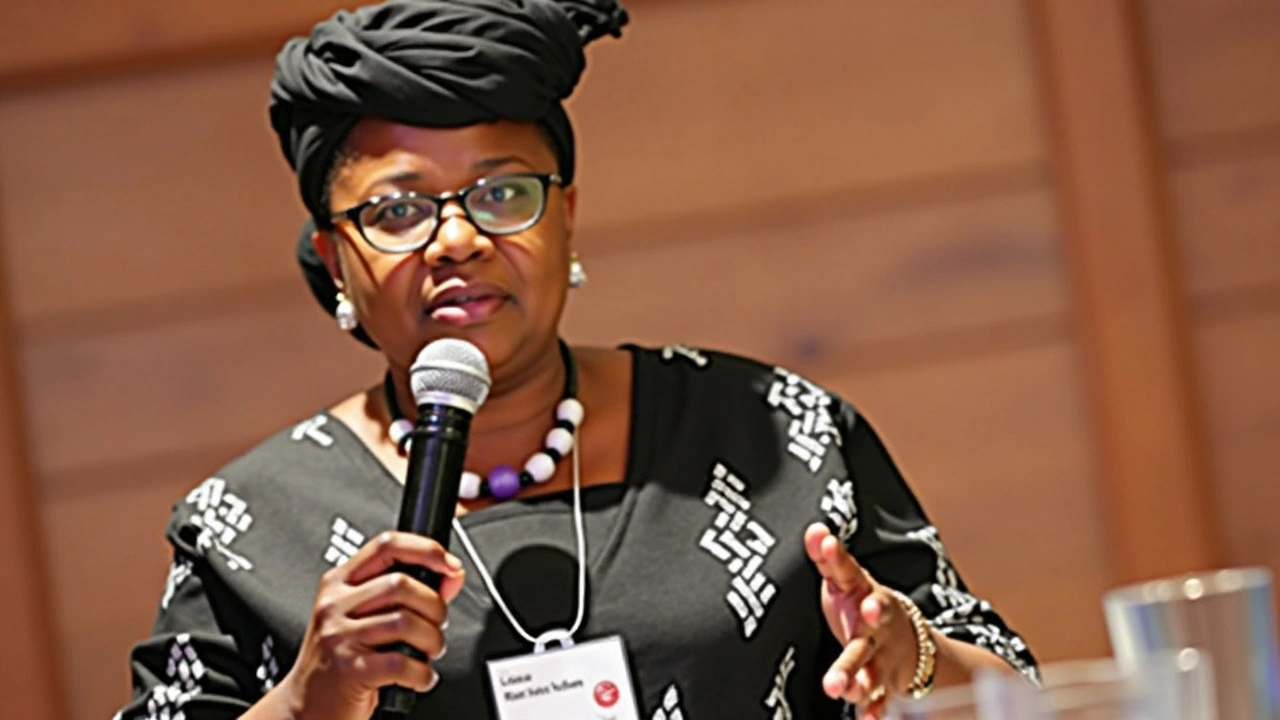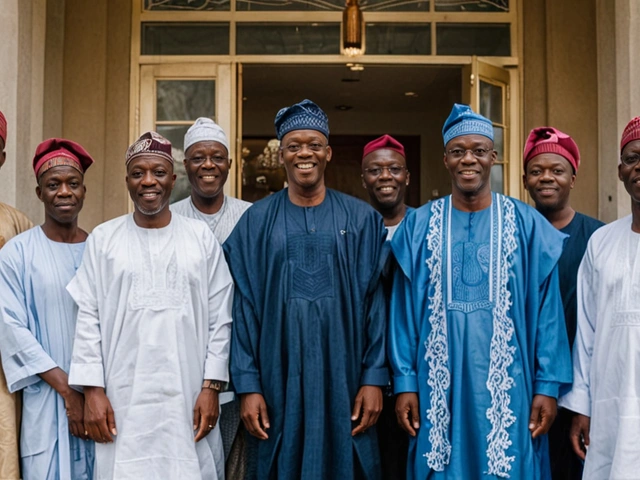Nigeria Economy: Recent News & What It Means
Nigeria’s economy is always buzzing with new data, policy moves and market reactions. Whether you’re a student, a small business owner or just curious, knowing the basics helps you make sense of the headlines. Below you’ll find the freshest updates and why they matter for you.
Key Economic Indicators
Inflation has been a hot topic lately, hovering around 33% according to the latest central bank report. That number tells you food and fuel are getting pricier, which hits every household. The government responded with a modest interest‑rate hike to try and cool demand, but the effect will take a few months to show.
GDP growth slipped to 2.9% in the last quarter, mainly because oil exports fell after global prices dipped. Oil still makes up about 90% of Nigeria’s export earnings, so any shift in the market echoes across the whole economy. The finance ministry is pushing diversification, putting more money into agriculture and tech, but those sectors need time to scale.
Unemployment remains stubborn at around 33%, with youth jobs especially scarce. Recent apprenticeship schemes in Lagos and Abuja aim to give young people practical skills, yet the rollout is uneven. If you’re looking for work, keep an eye on government portals and local NGOs that post new openings weekly.
Impact on Everyday Life
Higher inflation means a bigger share of income goes to basics like rice, tomatoes and petrol. Many families are turning to informal markets to stretch their budgets, buying in bulk or switching to local produce. If you run a small shop, pricing strategies that reflect these changes can keep customers coming back.
Currency pressure has forced the Central Bank to tighten foreign‑exchange rules. Importers now face longer approval times for dollars, which can delay shipments of electronics or medicine. Some businesses are looking at regional suppliers as an alternative, a move that could reshape trade patterns over the next few years.
On the positive side, the recent launch of a digital payment platform for small traders has lowered transaction costs. You can now accept mobile money without a pricey POS device, making it easier for street vendors to accept cash‑less payments.
Finally, the upcoming national budget aims to increase spending on infrastructure—roads, power grids and water networks. If the projects stay on track, you’ll likely see fewer power outages and better transport links, which translates into smoother daily routines and new business chances.
Staying updated on Nigeria’s economic pulse doesn’t have to be a chore. Set a daily alert for the Central Bank’s releases, follow trusted local news tags, and watch how policy shifts filter down to the market you care about. The more you know, the better you can plan for tomorrow.




